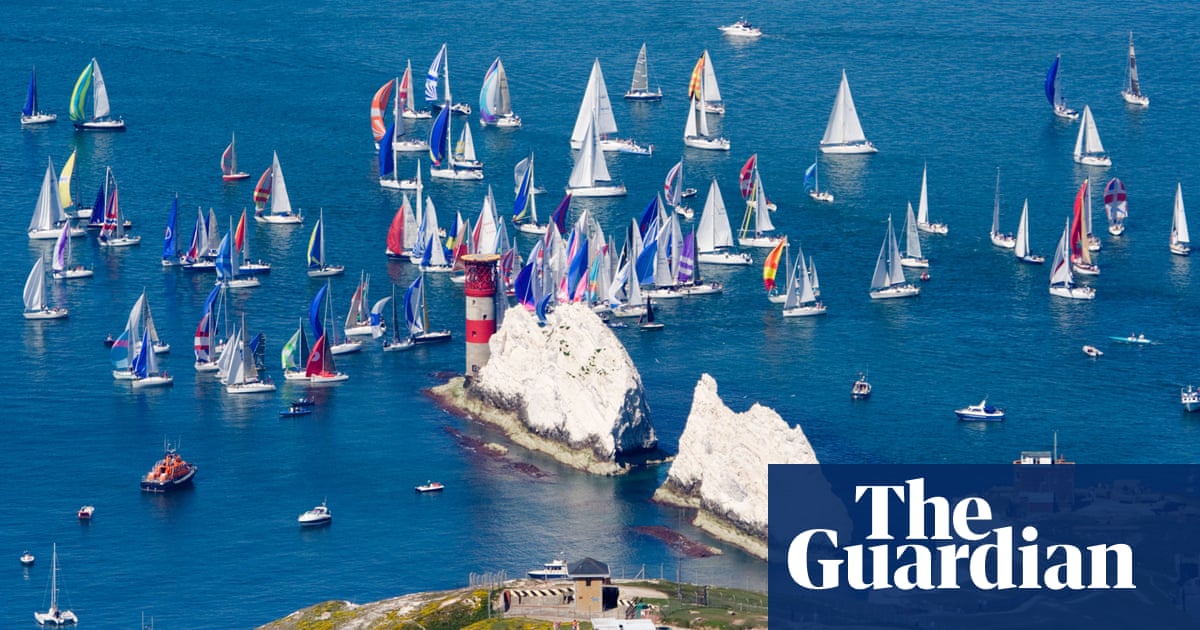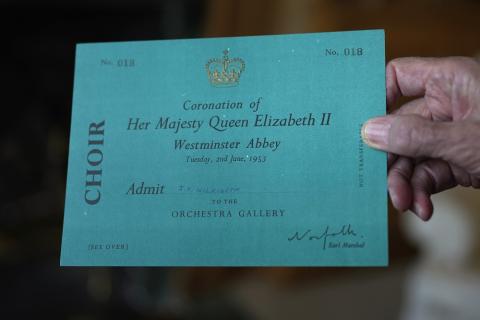
The sudden appearance of Iranian refugees in small boats off the coast of England, just as the UK’s Parliament was deadlocked over the government’s plans to leave Europe, seems to be a curious coincidence. In fact, there is nothing “sudden” about Iranians seeking asylum in the UK — throughout last year, 539 attempted to reach England by boat alone — and every reason to suspect that the British government has been making the most of a golden opportunity to scare its recalcitrant pro-Brexit MPs into line.
In the run-up to the 2016 referendum that triggered Brexit, far-right parties presented migration, and surrender of the control of Britain’s borders to the EU, as a major threat to the British way of life. The implication, conveyed at every opportunity, was that migrants from the trouble spots of Syria, Iraq and Afghanistan were flooding into the UK, bringing with them terrorists posing as refugees.
This, like much of the propaganda that swung the referendum vote, was a convenient misrepresentation. In fact, although 36 people in the UK lost their lives to terror attacks in 2017 — a recent year when such attacks spiked — all the attackers were home-grown, inspired by, but not in touch with, Daesh or any other such group.
And while public fears about migration from the Middle East were focused on “the usual suspects,” in 2016 and 2017 the largest number of applicants for asylum in the UK came not from Syria, Iraq or Afghanistan, but from Iran.
Largely unnoticed by the British public, the UK has been home to a community of Iranians since the 1979 revolution. From just a few thousand at first, by 2017 — the most recent year for which census figures are available — there were 70,000 living in the UK.
Over the past two years, Iranians have made more asylum applications to the UK than any other nationality, accounting for 9 percent of the total of 26,350 in 2017. In the 10 years from 2007 to 2016, there were 25,151 Iranian applicants, of which 9,225 (37 percent) were successful.
The UN believes that many of the Iranians currently attempting to get to the UK may be Kurds, a group under increasing threat throughout the region — especially so in Syria where, as the US pulls out, they are being squeezed by both Turkish and Iranian forces. And in 2017, Serbia began offering visa-free travel to Iranians to boost tourism. Some 40,000 took advantage of the offer, which many saw as an opportunity to seek asylum in Europe.
The UN has been somewhat taken aback by what it sees as the British government’s overreaction, which it suspects is rooted in political concerns.
Jonathan Gornall
Whatever the explanation for the current situation, the UN has been somewhat taken aback by what it sees as the British government’s overreaction, which it suspects is rooted in political concerns.
Two weeks before Christmas, UK Prime Minister Theresa May was forced to postpone a parliamentary vote on the Brexit agreement she had reached with Europe, after it became plain that the deal would not get through. That vote has been rescheduled for Jan. 14, although it could be delayed again.
Either way, Britain is due to leave the EU on March 29. If it does so without a deal, the government is predicting all kinds of chaos, from economic meltdown to deadly shortages of medicines.
At this point, newspapers suddenly filled with stories about refugees risking all to cross from France to England in dangerously inappropriate boats. The tide of migrants that had been breaking against Europe’s southern shores in recent years appeared finally to be lapping at Britain’s beaches.
Home Secretary Sajid Javid was quick to tell Britain that it was in the grip of a “major incident,” pausing only to question whether those risking their lives were “genuine” asylum seekers.
What was actually unfolding was a seasonal pantomime staged for the benefit of the troublesome MPs threatening to derail the government’s Brexit deal. First, two Border Force ships were recalled from the Mediterranean, where they had been doing genuinely valuable work rescuing refugees. Then Javid called in the navy and air force as backup.
The UN refugee agency was not impressed. “Of course we are concerned for the safety of those making the crossing in dangerous waters in small boats,” said a spokesperson for the agency’s UK office.
“But we are also stressing that the numbers are small and that this isn’t a crisis. To put it in context, 539 people attempted to cross the Channel throughout the whole of 2018, compared with the 114,000 who actually arrived in Europe after crossing the Mediterranean.”
What the “crisis” reveals is that despite being at the center of Britain’s Brexit debate, migration remains a misunderstood phenomenon. As they stampede toward the exit, those who voted for Brexit remain convinced that the EU’s porous borders have left the UK open to refugees from countries where Daesh and other militant extremists have run amok.
In fact, of the 121,755 migrants who made their way to Europe by land and sea in 2018, only 9,839 — just 8 percent — were from Syria. Together, refugees from Syria, Afghanistan (7,621) and Iraq (7,333) accounted for just 24,793, or 20 percent, of the total.
By contrast, 30 percent (36,160) in 2018 came from three African countries, each plagued by high unemployment and runaway inflation. The largest group, 13,068, was from Guinea, followed by Morocco (12,745) and Mali (10,347).
Javid’s “major incident” is a storm in a teacup, brewed up for domestic political consumption. As the curtain rises on the next act of Britain’s Brexit farce, the Iranians will be forgotten, having fulfilled their role as bogeymen conjured up to scare British Conservative MPs into backing their prime minister’s deal.
• Jonathan Gornall is a British journalist, formerly with The Times, who has lived and worked in the Middle East and is now based in the UK. He specializes in health, a subject on which he writes for the British Medical Journal and others.
Copyright: Syndication Bureau
Disclaimer: Views expressed by writers in this section are their own and do not necessarily reflect Arab News" point-of-view












